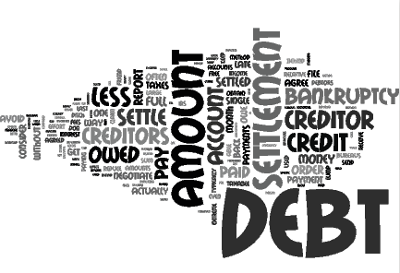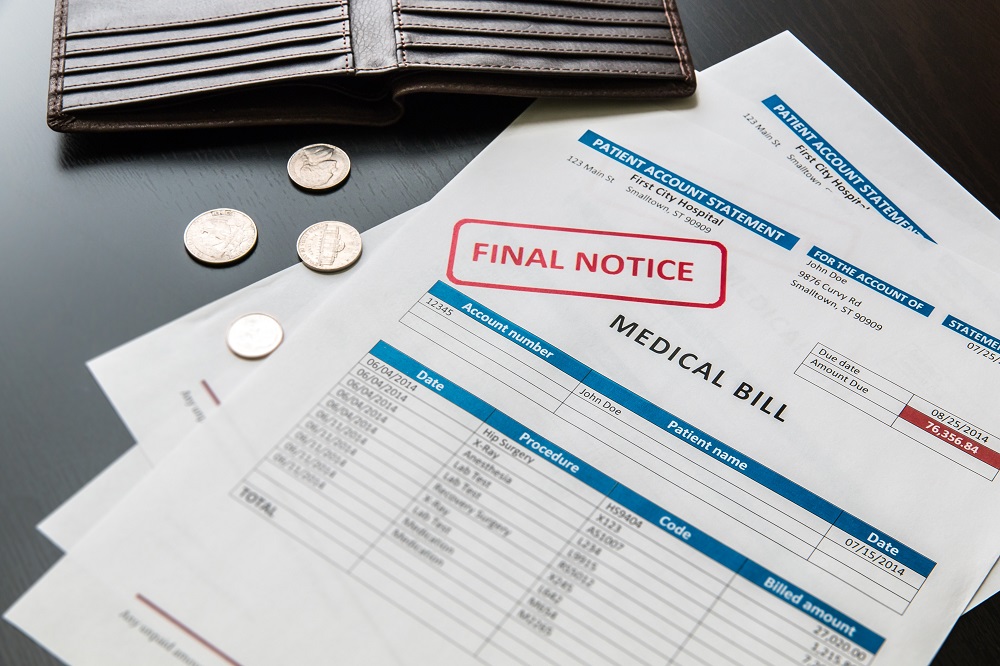Filing for Bankruptcy in Arizona – What’s the 341 Meeting of Creditors?
A 341 meeting of creditors sounds quite serious and threatening but it’s just a normal part of filing for bankruptcy. Such a hearing has to be held for every single bankruptcy case and typically, it’s just a formality. Here’s everything you need to know about it and about what happens during the 341 meeting.
The Characteristics of a Meeting of Creditors
During the meeting, the debtor is accompanied by their attorney and asked to answer certain questions. The bankruptcy trustee will also be present.
Most often, the trustee asks the debtor questions about their financial situation. Creditors may be present at the meeting but they’re not obliged to. If any of the creditors attend the session, they have the right to make inquiries, as well.
The debtor will be asked to bring certain documents to the meeting. These will usually be utilized as supportive evidence. A letter is sent to the debtor before the meeting is scheduled and it contains a list of all the documents that will be required. Some of the essentials that Arizona trustees will request from debtors include salary information, a bank statement for a certain period of time, tax documents and proof of insurance.
At the hearing, the trustee will ask just a few questions. The aim of this summit is not to dig deep in the financial situation of the debtor. Rather, it establishes the information that has been submitted so far and potentially supplements it with additional facts.
Common Questions that will be Asked
Your attorney will prepare you for the formal questions that you’re going to be asked at the 341 meeting.
A few of the most typical inquiries include the following:
- What’s your name, address, occupation and contact information?
- How long have you lived in Arizona before filing for bankruptcy?
- Have you filed bankruptcy in the past?
- Has anything in your financial situation changed since filing for bankruptcy?
- Have you listed all of your assets and debts in the application?
- Are you entitled to any kind of inheritance in the future?
It’s important to answer these questions calmly, clearly and with as much accurate information as you can possibly come up with. Usually, the session will be quick and focused solely on these generic questions. When creditors are present, they could make some more specific inquiries. A trustee could also ask a few questions based on the specifics of the situation.
Other Considerations about the 341 Meeting of Creditors
A 341 meeting is usually very short – it doesn’t last more than five to 10 minutes. A trustee uses this opportunity to carry out a face-to-face meeting with the debtor and ask important follow-up questions.
The 341 meeting with the trustee will typically be scheduled 30 to 40 days after a person files their bankruptcy documents. After the filing, the appointed trustee will be responsible for mailing the debtor a letter containing all of the details about the 341 meeting.
The letter will also contain information about the ID documents, as well as the other information that will be required to answer the trustee questions.
 The 341 meeting of creditors occurs in a conference room rather than a court room. Still, the trustee will swear you under oath. While this is a rather formal requirement, you shouldn’t be concerned. If you are confident that all of the information provided is accurate, the meeting will be over pretty soon.
The 341 meeting of creditors occurs in a conference room rather than a court room. Still, the trustee will swear you under oath. While this is a rather formal requirement, you shouldn’t be concerned. If you are confident that all of the information provided is accurate, the meeting will be over pretty soon.
After the meeting, the creditors and the trustee will have a 30-day period to file objections to the terms and the conditions of the bankruptcy. If it’s a Chapter 7 bankruptcy, for example, they may object against some of the exemptions. Additionally, a court may issue an order asking the debtor to provide the trustee with additional information. These are all standard procedures you shouldn’t worry about. Discuss the situation with your attorney to understand what’s going on and whether any action will be required on your behalf.





